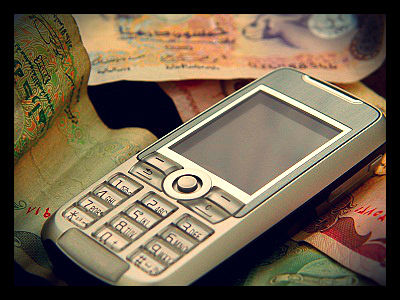
The fifth annual Mobile Money Africa Conference is projected to gather over 400 mobile banking industry leaders in Johannesburg, South Africa to discuss ways to move the market forward.
Mobile Money is a mobile banking concept that has taken root in African communities in rural areas where the nearest bank is often several miles away. Mobile bankers use their cell phones to transfer money from one person to another with only the use of a SIM card.
While Mobile banking continues to spread slowly, primarily throughout the developing world, its biggest markets are in Africa. 15 of the top 20 Mobile Money-using countries are located on the African continent. Generally about 10% of people in these countries use Mobile Money, but in Kenya the number of users reaches 68% of people.
Mobile banking continues to spread through developing nations because the fees for banking are too high and the locations are too sparse. Mobile Money Africa works to help alleviate these problems and develop a stronger market, possibly in alliance with traditional banking methods.
This year, Mobile Money Africa will be hosting the Mobile Money Awards – a contest in which Mobile Money innovators are recognized and rewarded by the industry. The conference is slated for the 28th and 29th of May.
– Pete Grapentien
Source: BizCommunity
Photo: IT News Africa
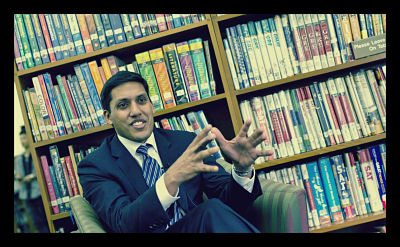 Having less cell phone usage than North Korea has made
Having less cell phone usage than North Korea has made  Who runs the world? According to a very popular song of Beyoncé’s, girls do.
Who runs the world? According to a very popular song of Beyoncé’s, girls do.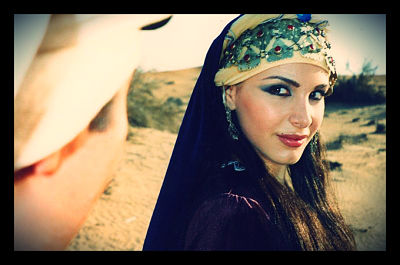 While the era of the soap operas may be coming to a close in the United States, in many Arabic countries soaps are becoming more and more popular. This increase has come from the unusual mix of American melodrama characteristics (love, family turmoil, deceit, etc.) with cultural values that audiences can identify with.
While the era of the soap operas may be coming to a close in the United States, in many Arabic countries soaps are becoming more and more popular. This increase has come from the unusual mix of American melodrama characteristics (love, family turmoil, deceit, etc.) with cultural values that audiences can identify with.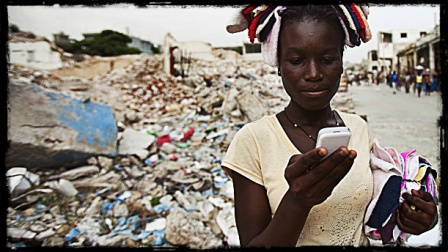
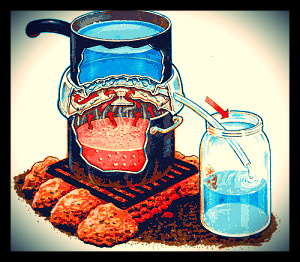 The “Survival Still” System was announced a few months ago by inventor Glenn Meder. It is a new water distillation system that changes unsanitary, undrinkable water into water that is completely safe for human consumption. Contaminated water of any kind can be transformed into drinkable water, including muddied or ocean water. This product could be incredibly helpful to people in disaster situations, or even those who normally live with limited access to safe drinking water, as most of the world does.
The “Survival Still” System was announced a few months ago by inventor Glenn Meder. It is a new water distillation system that changes unsanitary, undrinkable water into water that is completely safe for human consumption. Contaminated water of any kind can be transformed into drinkable water, including muddied or ocean water. This product could be incredibly helpful to people in disaster situations, or even those who normally live with limited access to safe drinking water, as most of the world does.